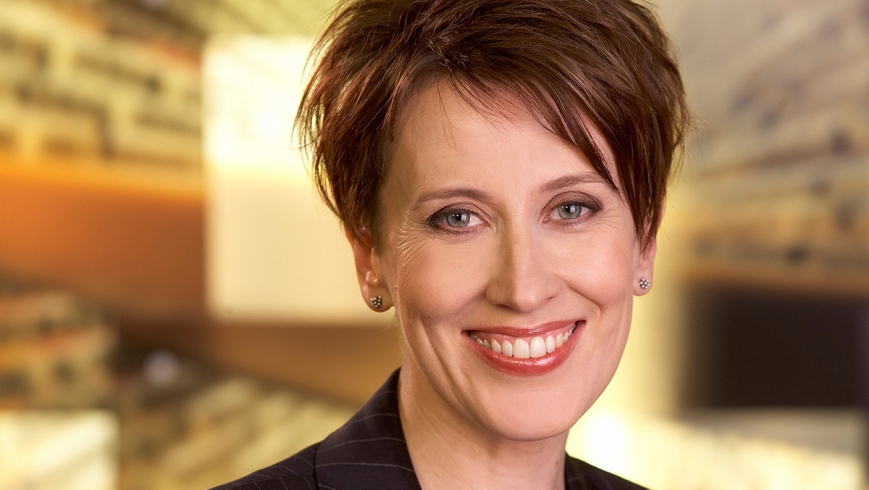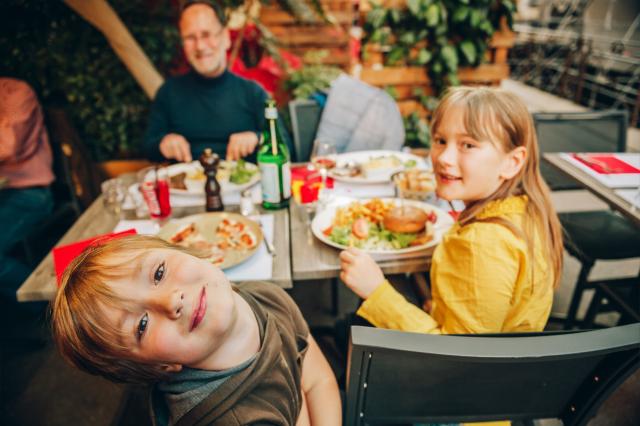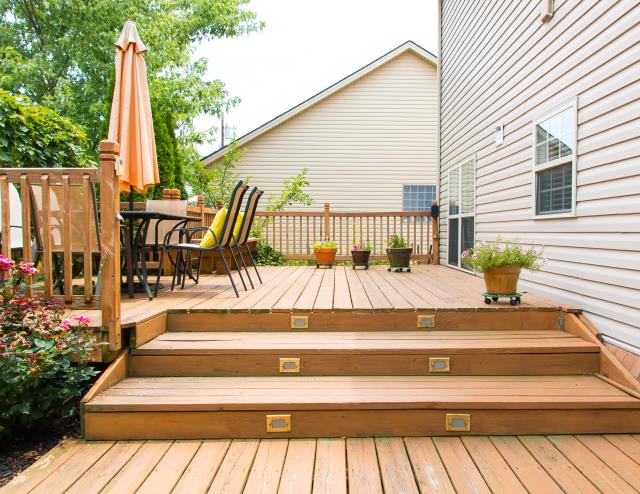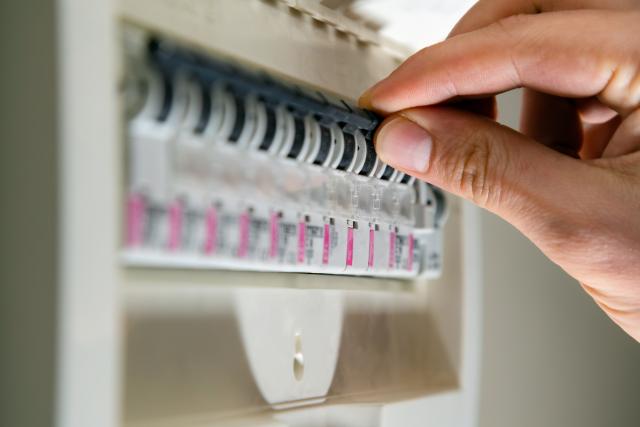When the Prime Minister Tony Abbott addressed the hushed and darkened hall of the United Nations General Assembly last week, he celebrated Australia as “a free, fair and multicultural society; a beacon of hope and exemplar of unity-in-diversity”.
Despite tensions in our country – real and imagined, actual and tabloid-generated – and despite horrors that sometimes come right to our doorstep, most Australians would still embrace this description as a true one. It is both a good representation of our past and a solid commitment to a social destination of the future.
So when it was announced Immigration Minister Scott Morrison was off to Cambodia last Friday to sign an agreement on resettling asylum seekers, some might have wondered whether our beacon of hope, fairness and freedom might be on the blink.
The increasingly bitter national argument about the obligation Australia owes those seeking asylum moves on to a different stage with the making of this agreement – one that is believed to involve the payment of financial aid to Cambodia, but with little public detail being made available.
We have immutable legal obligations to asylum seekers: the question now is whether our moral obligation – one that is central to the Prime Minister’s description of our fairness – is met by us resettling refugees in another country like this.
And what of a country such as Cambodia? Can it take care of people who live in the aftermath of fleeing persecution or trauma?
Cambodia is a desperately poor country with high levels of corruption, according to Transparency International. A fifth of its population lives in poverty and almost half of all children are malnourished.
The president of Cambodia’s Centre for Human Rights, Virak Ou, says the country has a terrible record for protecting refugees.
“Cambodia is in no position to take refugees,” he says. “We are a poor country, the health system is subpar at most. I don’t know how the refugees will send their kids to school.”
Cambodia has been “engulfed in a human rights crisis”, according to Human Rights Watch, since national assembly elections on July 28 last year.
The US State Department’s agrees: “Authorities maintained effective control over the security forces. Security forces committed human rights abuses.”
Apart from this, the United Nations Human Rights Commissioner for Refugees has grave concerns about the arrangements.
Spokeswoman Vivian Tan said the UNHCR was “concerned that such bilateral agreements would actually involve the divesting of certain obligations under the refugee convention”.
At a time when Australia gets to sit at the table with and directly address the UN Security Council on the most important security issues afflicting the globe; at a time when global refugee numbers have passed 50 million for the first time since World War II, a policy that removes asylum seekers to one of the poorest nations on the planet could be seen as Australia presenting a rather shabby humanitarian face to a world struggling with much bigger issues than ours.
Virginia Trioli is co-host of ABC News Breakfast on ABC1 and ABC News 24, 6-9am weekdays.
Follow Virginia on Twitter: @latrioli







